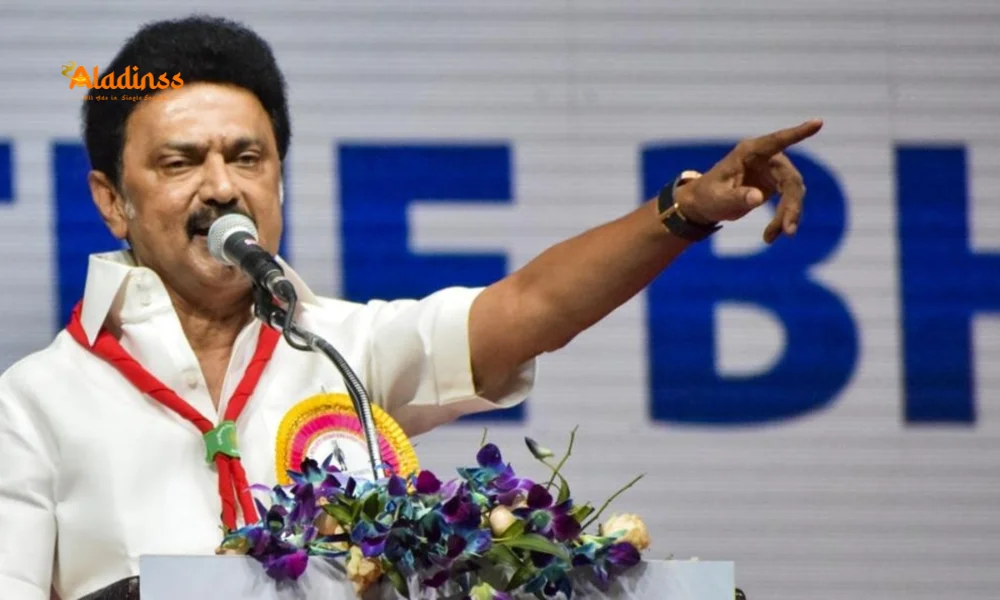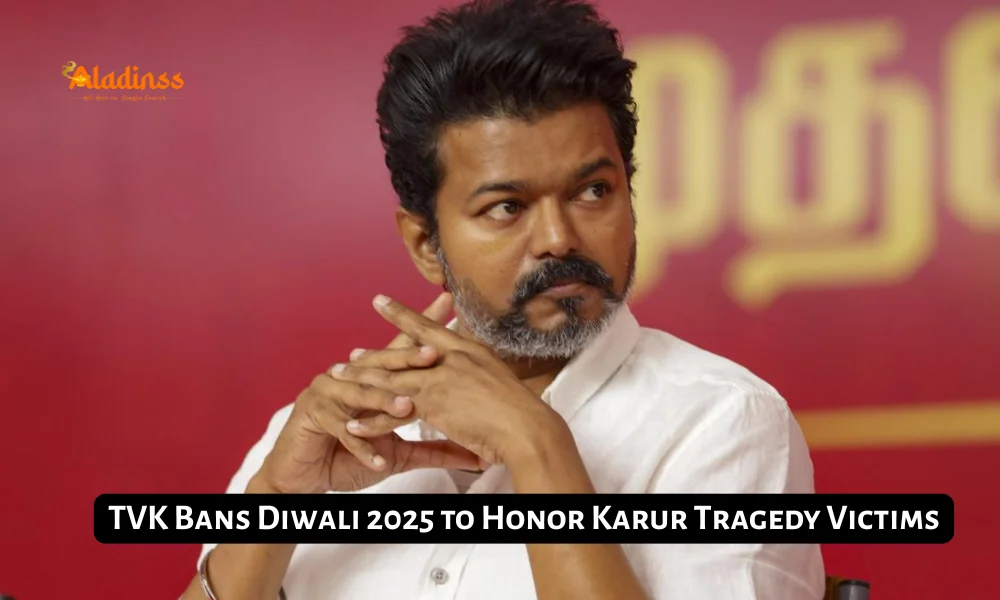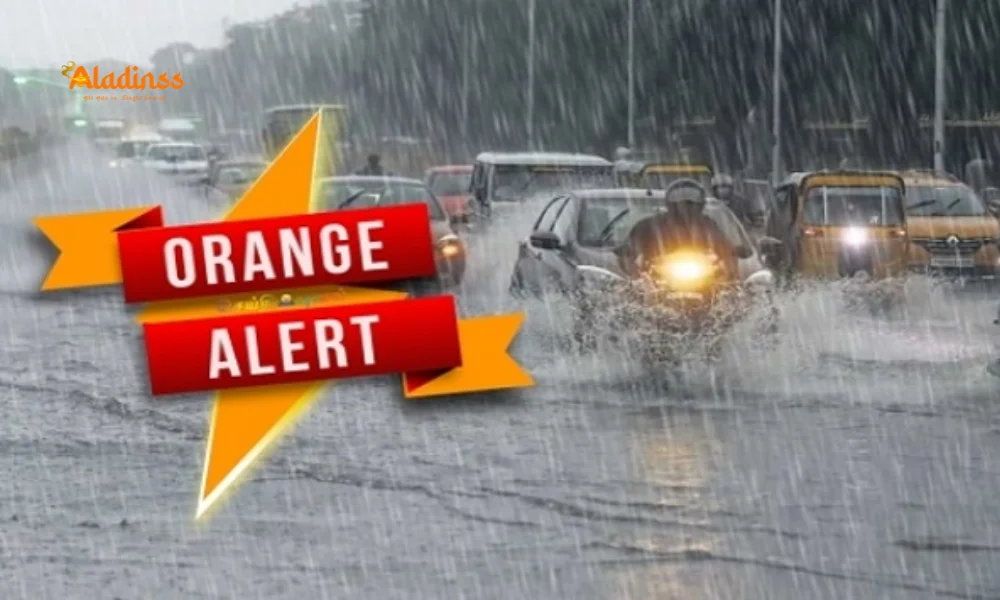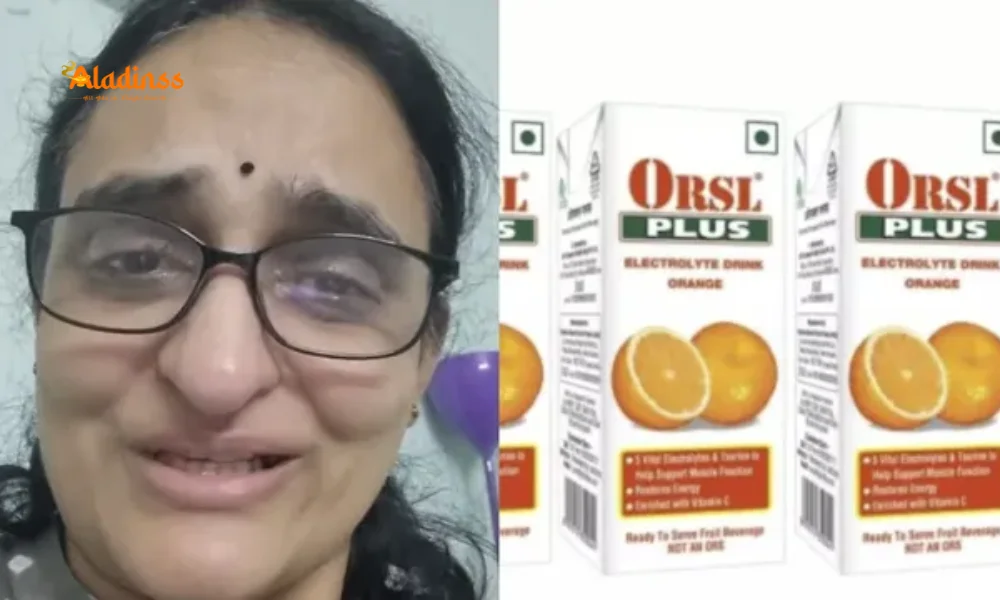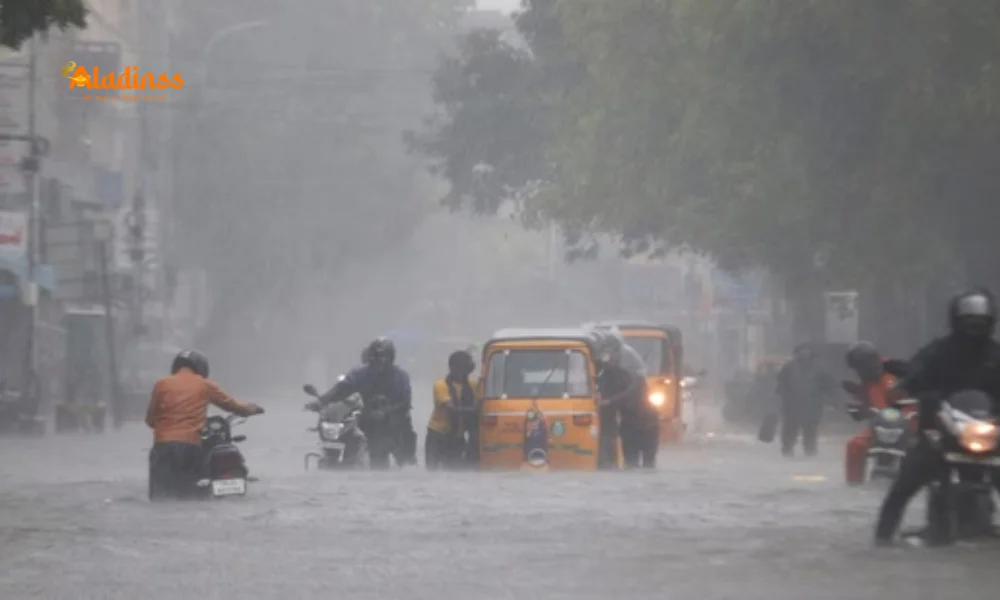India Expresses Shock Over Killing of Journalists in Gaza Strikes
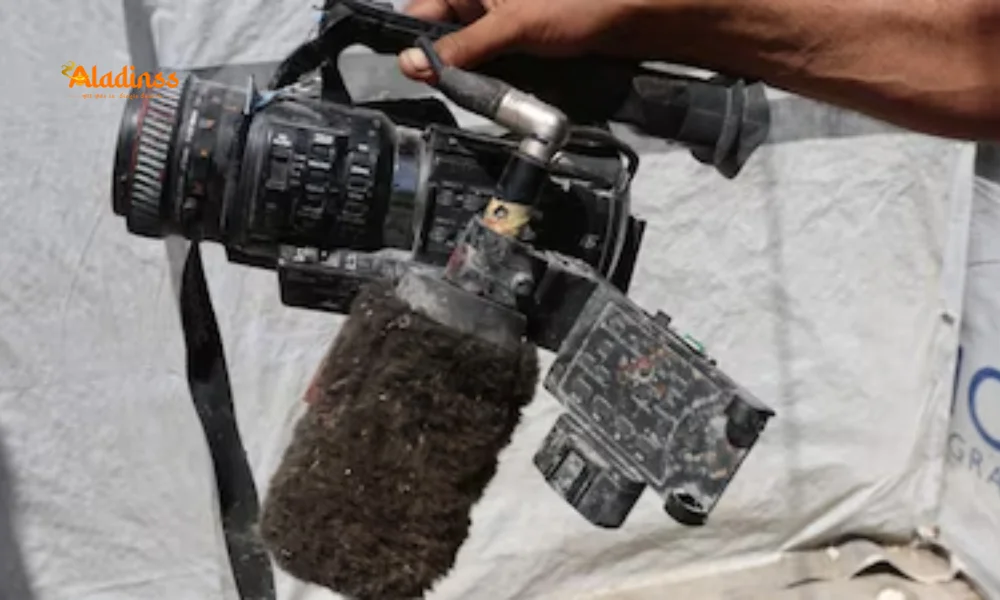
India Expresses Shock Over Killing of Journalists in Gaza Strikes
India has voiced profound shock and deep regret over the killing of journalists in Israeli airstrikes on Gaza’s Nasser Hospital in Khan Younis, labeling the incident as “deeply regrettable.” The Ministry of External Affairs (MEA) spokesperson, Randhir Jaiswal, issued a statement on August 27, 2025, condemning the loss of civilian lives in the ongoing conflict. The airstrike, which occurred on August 25, 2025, claimed at least 20 lives, including five journalists working for prominent outlets such as Al Jazeera, Reuters, and the Associated Press. This tragic event, described by Israeli Prime Minister Benjamin Netanyahu as a “tragic mishap,” has drawn international condemnation and heightened concerns about press safety in conflict zones. India’s response underscores its consistent stance against civilian casualties, as the nation calls for accountability amid the escalating Gaza conflict.
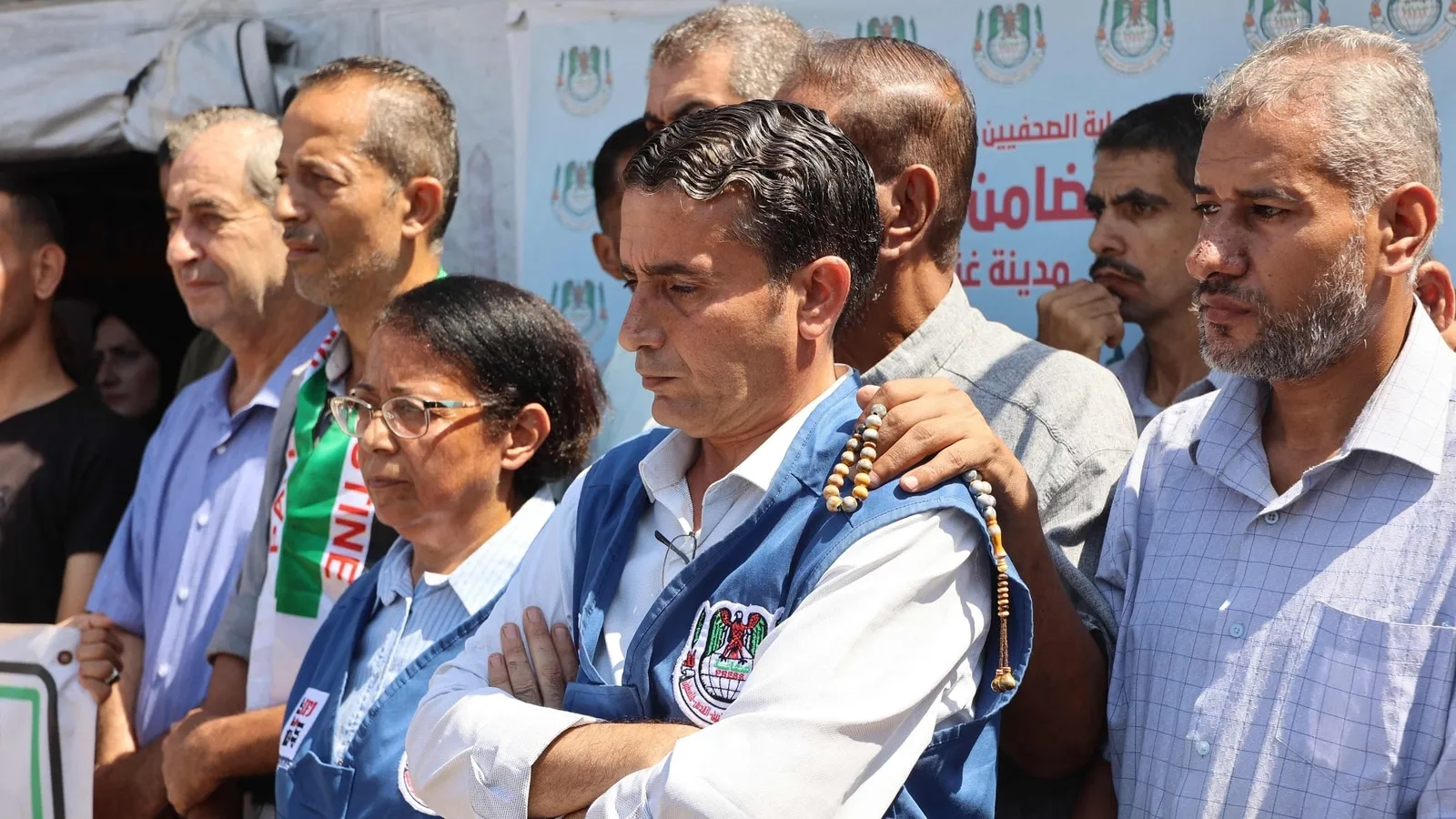
Details of the Nasser Hospital Airstrike
On August 25, 2025, Israeli forces conducted a double-tap airstrike on Nasser Hospital in Khan Younis, southern Gaza, resulting in the deaths of at least 20 individuals, including five journalists. The victims included Al Jazeera’s Mohammad Salama, Reuters contractor Hussam al-Masri, Associated Press freelancer Mariam Abu Dagga, Moaz Abu Taha, and Ahmed Abu Aziz. The attack, described by Gaza’s Civil Defence as a “double-tap” strike, involved an initial drone strike followed by a second missile as journalists and rescuers rushed to the scene, amplifying the devastation. The Committee to Protect Journalists (CPJ) reports that nearly 200 journalists have been killed in the 22-month Gaza conflict, making it one of the deadliest periods for media workers in recent history.
The Israeli military justified the strike, claiming it targeted a Hamas-operated surveillance camera positioned at the hospital. According to the Israel Defence Forces (IDF), six of the individuals killed were “terror operatives,” including one allegedly involved in the October 7, 2023, attack in southern Israel. However, Hamas has denied these claims, asserting that none of the victims were militants. The IDF stated that the strike was not aimed at journalists, with Lieutenant Colonel Nadav Shoshani emphasizing, “We can confirm that the Reuters and AP journalists were not a target of the strike.” Despite this, the attack has fueled outrage, with press freedom groups like the Foreign Press Association demanding an immediate explanation.
India’s Official Response
India’s Ministry of External Affairs, through spokesperson Randhir Jaiswal, issued a strong statement on August 27, 2025, expressing dismay over the loss of journalists in Gaza. “The killing of journalists is shocking and deeply regrettable. India has always condemned the loss of civilian lives in conflict,” Jaiswal said, highlighting India’s consistent stance on protecting civilians during wartime. He noted that the Israeli authorities have initiated an investigation into the incident, a move India acknowledges but has not elaborated on. The statement, shared via X, has garnered significant attention, reflecting India’s growing role in addressing global humanitarian concerns.
India’s response aligns with its broader foreign policy of advocating for peace and stability in conflict zones. The country has repeatedly called for adherence to international humanitarian law, which protects journalists and medical facilities during armed conflicts. The MEA’s condemnation comes amid a wave of international criticism, with countries like Canada and Turkey, as well as the European Union, denouncing the attack as a violation of press freedom and civilian safety. India’s measured yet firm statement underscores its commitment to upholding these principles while maintaining diplomatic neutrality in the Israel-Palestine conflict.
International Outcry and Press Freedom Concerns
The killing of journalists in the Nasser Hospital strike has sparked a global outcry, with press freedom organizations labeling it an attack on the fundamental right to information. The United Nations issued a statement on August 26, 2025, declaring, “Attacks on journalists are attacks on the fundamental right to freedom of expression. Journalists are #NotATarget.” The CPJ condemned the strikes, calling for international accountability and noting that at least 197 media workers have been killed in Gaza since October 2023, the majority being Palestinian journalists. The Palestinian Journalists Syndicate reported an even higher toll, estimating over 240 journalists killed since the conflict began.
Eyewitness accounts described scenes of chaos and panic following the double-tap strike, with a British doctor at Nasser Hospital reporting “absolute scenes of chaos, disbelief, and fear.” Al Jazeera’s Tareq Abu Azzoum, reporting from Deir el-Balah, highlighted the hospital’s role as a protected space under international humanitarian law, amplifying calls for accountability. The Foreign Press Association in Israel urged the Israeli government to halt its “abhorrent practice of targeting journalists,” while Turkey’s presidential communications office labeled the strike a “war crime.” These reactions underscore the growing international concern over the safety of journalists in Gaza.
Context of the Gaza Conflict
The Nasser Hospital strike is part of a broader escalation in the Israel-Gaza conflict, which has claimed over 62,000 Palestinian lives since October 2023, according to Gaza’s Health Ministry. The conflict began with a Hamas-led attack on southern Israel, killing approximately 1,200 people and abducting 250 hostages. Israel’s subsequent military offensive has caused widespread destruction, displacing 90% of Gaza’s 2.3 million population. Hospitals, including Nasser, have been repeatedly targeted, with Israel alleging that Hamas uses medical facilities as operational bases, a claim often unsupported by concrete evidence. The targeting of journalists has further complicated reporting, as Israel has barred foreign media from entering Gaza independently, relying heavily on local reporters.
The recent strike follows another deadly attack earlier in August 2025, where six journalists, including four from Al Jazeera, were killed in a targeted strike near Al-Shifa Hospital. Israel claimed one of the journalists, Anas al-Sharif, was a Hamas operative, a charge Al Jazeera dismissed as baseless. These incidents have fueled allegations of deliberate targeting, with media organizations like Reuters, BBC, and CBC issuing joint statements decrying the “staggering” death toll of journalists. The reliance on Palestinian freelancers, who face starvation and extreme risks, has highlighted the critical role of local journalists in documenting the conflict.
India’s Stance on Civilian Safety
India’s condemnation of the journalist killings reflects its broader commitment to protecting civilian lives in conflict zones. The country has consistently advocated for de-escalation in the Israel-Palestine conflict, supporting a two-state solution and humanitarian aid for Gaza. In June 2025, India pledged $2.5 million to the United Nations Relief and Works Agency (UNRWA) for Palestinian refugees, emphasizing its role in alleviating civilian suffering. The MEA’s statement on the journalist killings aligns with India’s calls for adherence to international humanitarian law, which mandates the protection of journalists and medical facilities as neutral entities in wartime.
Social media reactions in India have echoed the government’s sentiments, with users expressing solidarity with the affected journalists. Posts on X highlighted the bravery of Gaza’s media workers, with one user stating, “Journalists risk their lives to show the world the truth. India’s stand against their killing is a call for justice.” The hashtag #ProtectJournalists has gained traction, amplifying India’s message globally. The government’s acknowledgment of Israel’s investigation suggests a balanced approach, recognizing the need for accountability while maintaining diplomatic ties with both Israel and Palestine.
Implications for Press Freedom
The killing of journalists in Gaza has reignited debates about press freedom in conflict zones. The CPJ and other watchdogs have called for an independent international investigation into the Nasser Hospital strike, arguing that Israel’s internal inquiry may lack transparency. The high death toll of journalists—nearly 200 in 22 months—underscores the extreme risks faced by media workers in Gaza, where local reporters provide the majority of coverage due to Israel’s restrictions on foreign media. This has led to accusations of deliberate targeting, with organizations like Al Jazeera labeling the strikes as part of a “systematic campaign to silence the truth.”
The loss of journalists like Mariam Abu Dagga, who reported on starvation at Nasser Hospital, has deprived the world of critical insights into Gaza’s humanitarian crisis. Her work, alongside that of her colleagues, highlighted the struggles of civilians, particularly children, in the war-torn region. The international community’s response, including India’s, emphasizes the need to protect journalists as essential workers in documenting human rights abuses. As the conflict continues, the global call for accountability grows louder, with India’s statement adding weight to demands for justice and safety for media personnel.
Comment / Reply From
No comments yet. Be the first to comment!
